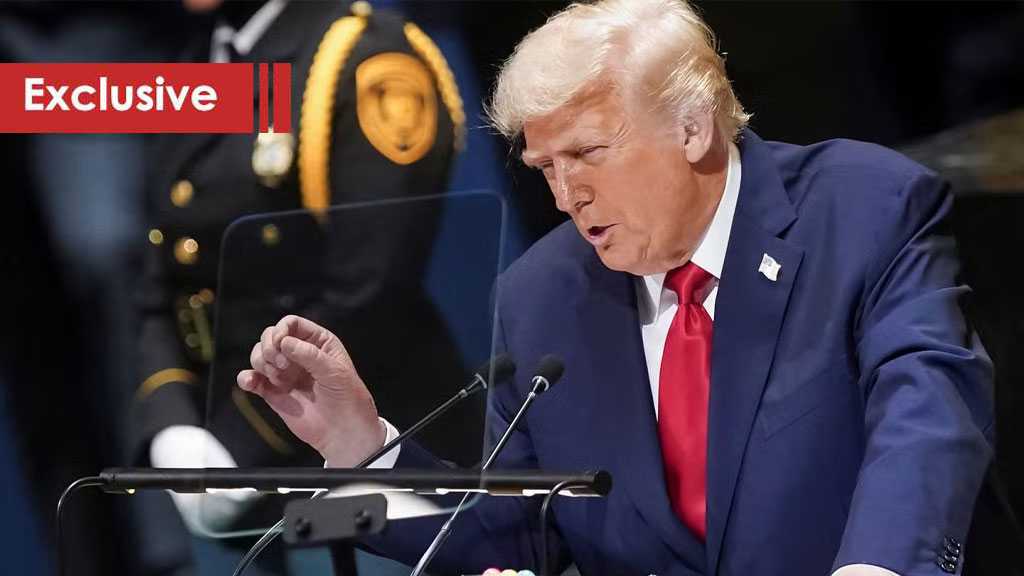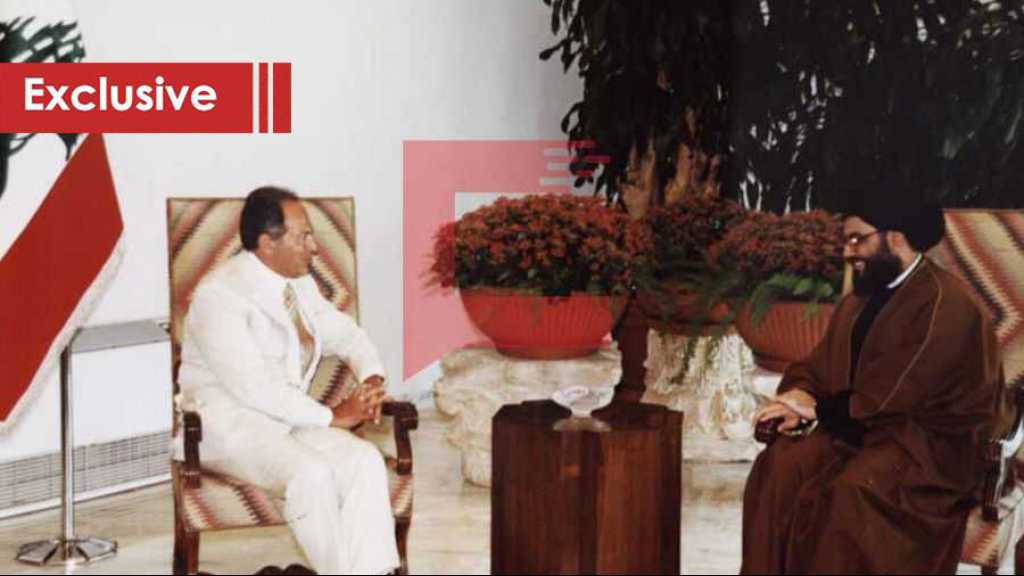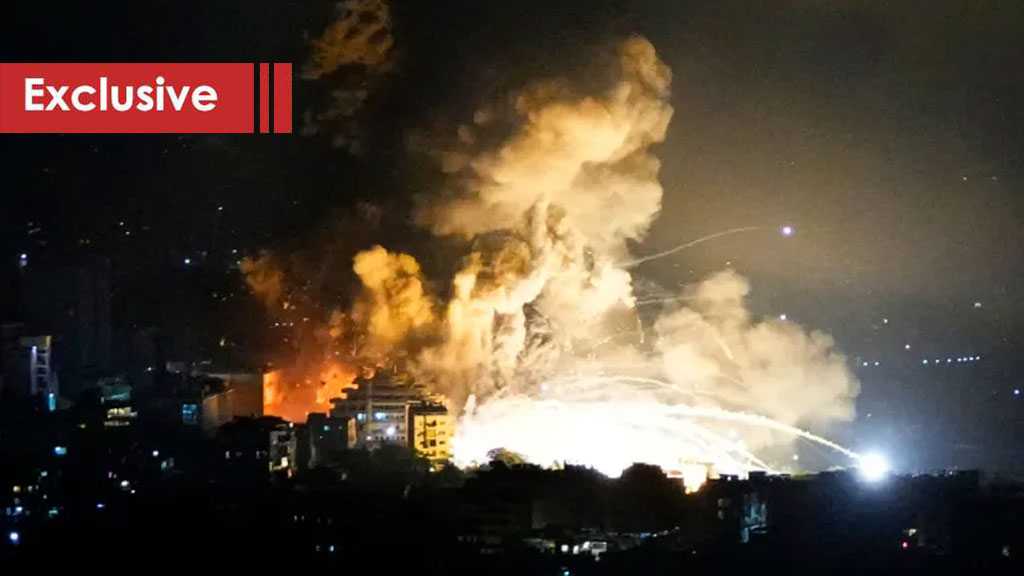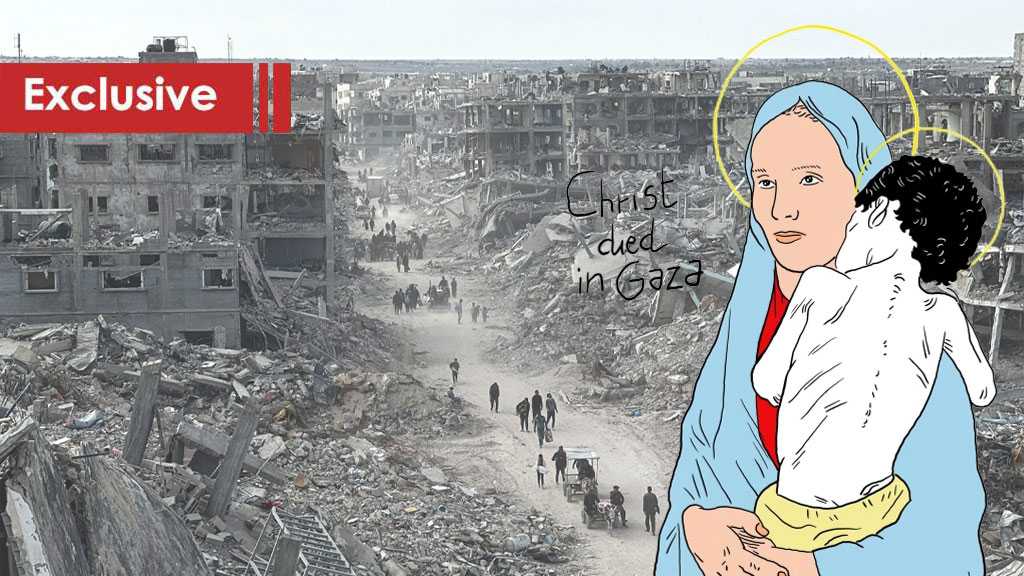The Iran Nuclear Deal and Western Hypocrisy on Nuclear Proliferation
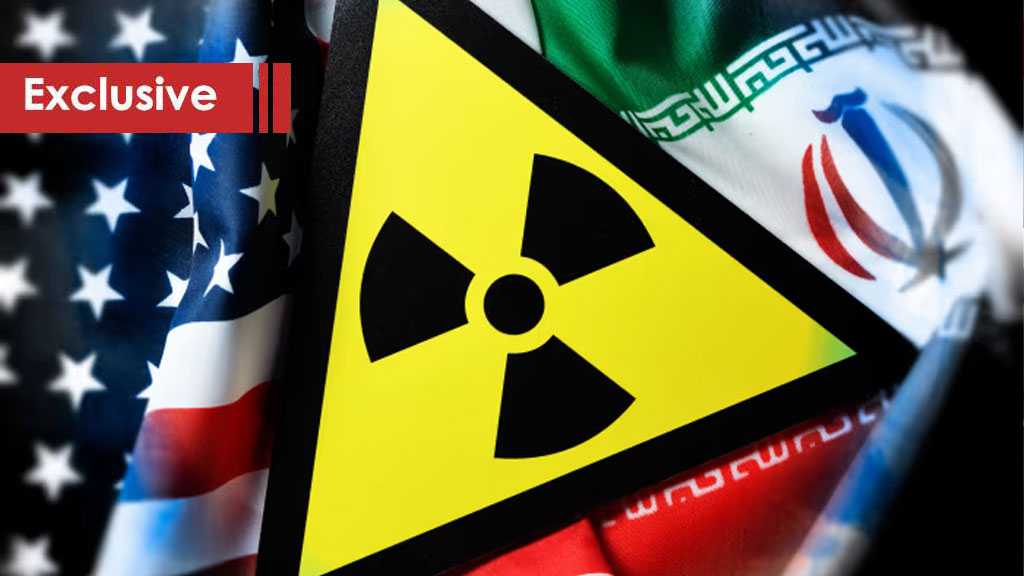
By Mohamad Hammoud
Lebanon – The controversy surrounding Iran's nuclear program is a clear case of Western hypocrisy, especially from the US and its firm ally, "Israel." Though Iran has followed international rules and allowed deep inspections, it's painted as a threat to world peace. Meanwhile, "Israel"—an undeclared nuclear power—acts without consequence, shielded from oversight and accountability. The Iran nuclear deal [JCPOA] is not simply about diplomacy; it is about the manipulation of international norms to preserve strategic dominance.
A Brief History of Iran's Nuclear Program
Iran's nuclear program began in the 1950s under the US-led "Atoms for Peace" plan during the Shah's reign. At that time, the West fully backed Iran's nuclear goals. However, after the 1979 Islamic Revolution, the view changed. Western governments grew suspicious, even though Iran signed the Nonproliferation Treaty [NPT] and was subject to regular checks by the IAEA. For decades, Iran insisted its nuclear work was only for peaceful uses, like energy and medical research.
Still, Iran's growing science skills and regional influence—especially in defiance of Western pressure—put it under constant scrutiny. Accusations of secret weapons, some based on shaky data, became common. Sanctions followed, harming Iran's economy and making it a key issue in Middle East security discussions.
The JCPOA and Its Nullification
In 2015, after years of negotiations, Iran and the P5+1 [the US, UK, France, Russia, China and Germany] reached a historic agreement: the JCPOA. Iran agreed to sharply cut its uranium enrichment, remove most centrifuges, and open its sites to some of the strictest inspections ever accepted by a sovereign state. In return, Iran was promised relief from sanctions and a return to the global economy.
However, in 2018, then-US President Donald Trump left the deal despite Iran's proven compliance. Citing vague worries about Iran's "bad actions" in the region and influenced by hawkish advisors and "Israeli" lobbying, Trump put harsh sanctions back on Iran, crippling its economy. This move not only broke the agreement but also showed the world that American diplomatic promises could be discarded at will.
"Israel": The Nuclear Elephant in the Room
While Iran faced sanctions, inspections, and threats of war, "Israel"—widely known to have 80 to 200 nuclear warheads—was never held to account. "Israel" has not signed the NPT, refuses IAEA inspections, and keeps its nuclear arsenal a secret. Yet, the West has never demanded disarmament or transparency from "Israel." The double standard is stark: a state with undeclared nuclear weapons is treated as a partner in nonproliferation efforts, while a state with no nuclear weapons is seen as a threat.
Western officials, especially in the US, avoid even mentioning "Israel's" nuclear arsenal publicly. The topic remains taboo in international forums. Meanwhile, Iran is called a pariah state for running a civilian atomic program under full IAEA supervision. The message is clear: nuclear capability is allowed only when it serves Western strategic interests.
Manufactured Crises and "Israeli" Sabotage
Each time talks between Iran and the West seem to advance, new "intelligence" surfaces, usually from "Israeli" sources, claiming Iran is hiding nuclear sites or is close to building weapons. These well-timed revelations often derail talks or justify covert actions. "Israel" has been linked to cyber-attacks like the Stuxnet virus and to the killings of Iranian nuclear scientists—actions that, if committed by Iran, would be called terrorism.
Moreover, threats of "Israeli" airstrikes on Iranian nuclear sites often arise during key negotiation moments. Whether real or exaggerated, these threats serve a clear aim: to pressure the West into maintaining a hardline stance and to keep Iran looking like a rogue actor. In this planned setting, Iran's rightful claim to civilian nuclear energy, enshrined in the NPT, is overshadowed by fear-mongering and strategic propaganda.
The True Threat to Peace
The irony is striking: the only nuclear-armed state in the Middle East, "Israel," is the one constantly warning of a nuclear "threat" from Iran. The state that refuses transparency accuses another—who has complied with international monitoring—of deception. Western media and policymakers support this view, rarely questioning "Israel's" unique position. By doing so, they hurt global law and weaken the very principles of nonproliferation.
If nuclear diplomacy is to prevent weapons proliferation and foster peace effectively, it must be applied uniformly to all states. Selective enforcement and politicized agreements only breed resentment, resistance, and instability. Iran has consistently demonstrated a willingness to engage in dialogue, even in the face of sabotage, broken promises, and economic warfare. The need for fair and equitable nuclear diplomacy is urgent.
Conclusion
The Iran nuclear saga exposes a fundamental truth: the West does not oppose nuclear programs—it opposes independent states challenging US-“Israeli” hegemony. “Israel,” a nuclear-armed state violating international law for decades, faces no consequences, while Iran, which complied with the JCPOA, was punished anyway.
Each time negotiations progress, “Israel” manufactures a crisis—whether through threats of war or dubious intelligence leaks—to maintain Iran's pariah status. Until the West holds “Israel” to the same standards as Iran, any nuclear diplomacy will remain a rigged game.
The JCPOA's collapse was not about security but about ensuring Iran remains weak. If the world truly cared about nonproliferation, it would start by dismantling “Israel's” nuclear arsenal—not punishing Iran for a program it legally maintains under the NPT.

